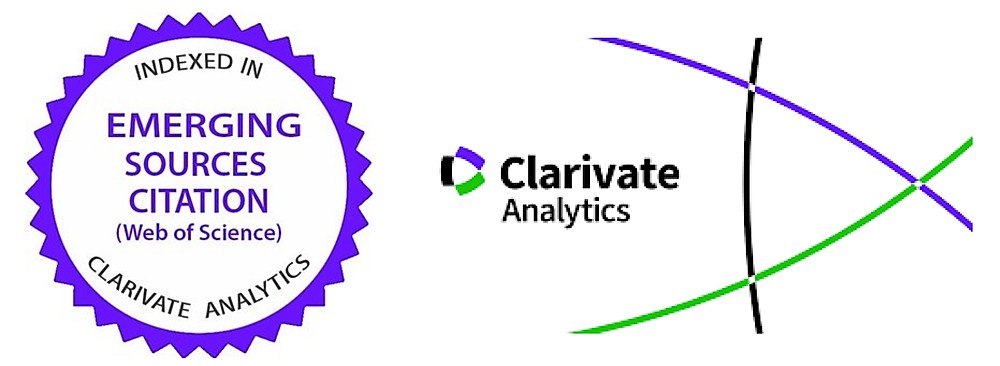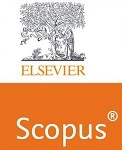Various Convexities and Some Relevant Properties of Consumer Preference Relations
Abstract
The concept of convexity plays an important role in the study of economics and consumer theory. For the most part, such studies have been conducted on the assumption that consumer preferences are a binary relation that is complete, reflexive and transitive on the set of consumption choices. However, each consumer is a biological being with multidimensional physiological needs so that possible consumptions from different dimensions cannot be compared by using preferences. By removing that unrealistic assumption, this paper examines how the various concepts of convex preferences and relevant properties can be re-established. We derive a series of 10 formal propositions and construct 6 examples to show that (a) a weighted combination of two possible consumptions is not necessarily comparable with any of the consumptions; (b) not every convergent sequence of a consumer’s preferred consumptions asymptotically preserves that consumer’s preference preordering; (c) not all preferences satisfy either positive multiplicativity or additive conservation; (d) three types of preference convexities – weak convexity, convexity and strong convexity – can all be introduced into general convex spaces. This paper concludes with some research topics of expected significance for future works.



























